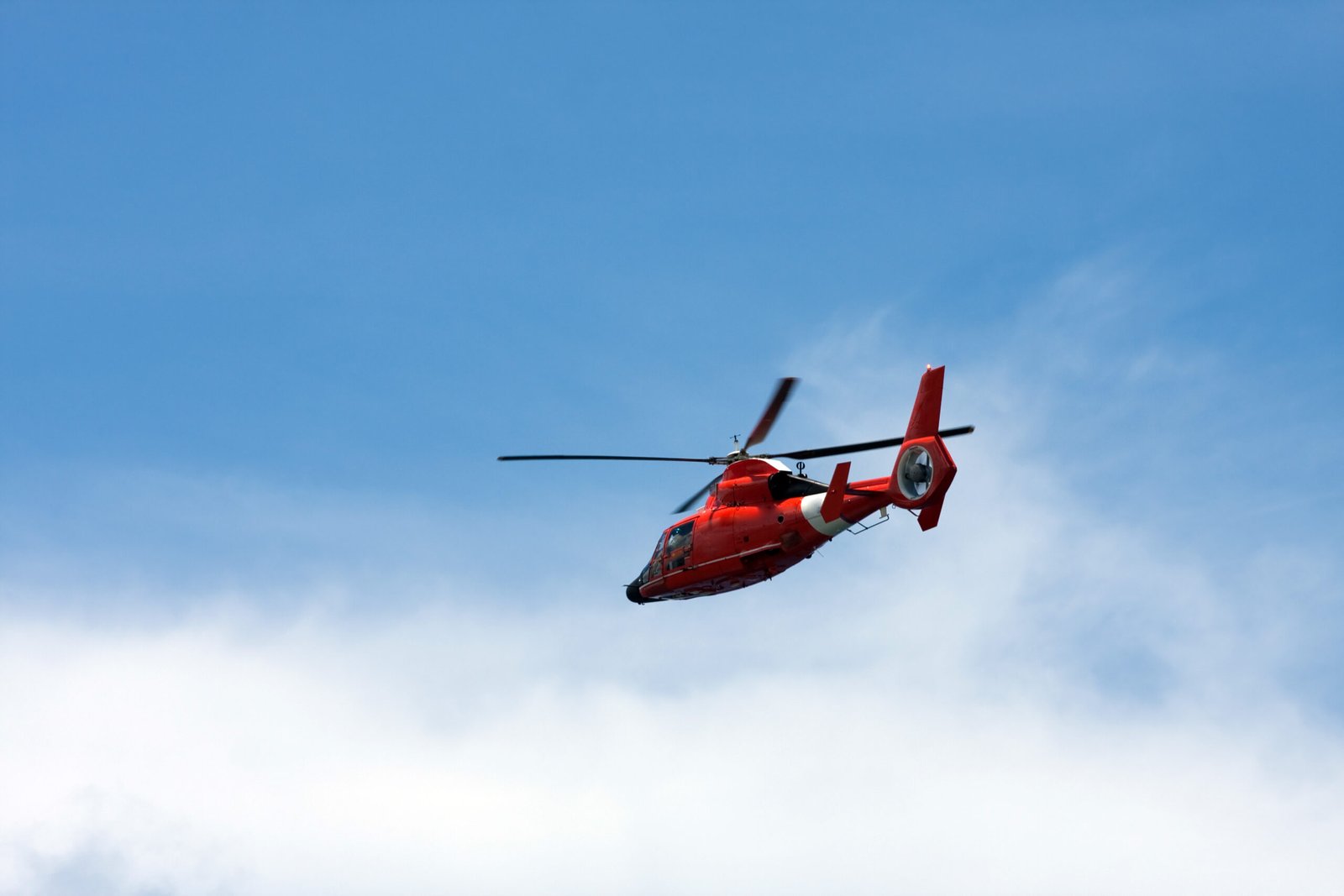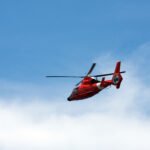Soaring Skies: The Future of Sustainable Aviation Technology
Aviation, an industry synonymous with innovation and adventure, is on the brink of a remarkable transformation. As we hurtle toward a more sustainable future, the integration of cutting-edge technology will redefine how we think about flying. But before we dive into this thrilling era, let’s explore how aspiring aviators can prepare for these changes through various educational paths and resources.
*Aviation Schools by Types of Courses**
Diverse educational programs offer a multitude of courses that cater to every facet of aviation. At the forefront are flight training schools, which primarily focus on preparing students for piloting careers. These institutions provide hands-on flight experience complemented by ground school instruction covering navigation, meteorology, and regulations.

Then there are aviation management programs that equip future leaders with knowledge in finance, operations, and logistics within the aviation sector. For those interested in aircraft maintenance, airframe and powerplant (A&P) schools deliver specialized training to ensure safety and efficiency in aircraft operations.
Furthermore, universities often offer degree programs in aerospace engineering, focusing on designing and developing aircraft technologies. This sector is crucial for fostering innovations that enhance sustainability—such as electric propulsion systems or advanced aerodynamics.
*Lists of Aviation Blogs, Websites, Social Media Sites**
Staying informed is vital in an ever-evolving field like aviation. Fortunately, numerous blogs and websites provide insights into current trends and advancements. Noteworthy blogs include “Airliners.net,” where enthusiasts share photographs alongside discussions about airline operations worldwide. Similarly, “The Points Guy” offers travel tips while emphasizing sustainability initiatives within airlines.
For those who prefer concise updates through social media channels, Twitter has become a hub for aviation news; accounts like @FlightGlobal share real-time information on industry developments. Additionally, Instagram accounts such as @aviationdaily showcase stunning imagery from around the globe while highlighting eco-friendly practices adopted by various airlines.
YouTube also hosts a plethora of channels dedicated to aviation topics—like “Mentour Pilot,” wherein professional pilots discuss experiences while also addressing the importance of environmental stewardship in their profession.
*FAA Flight Schools/Airplane Schools/Simulators**
When it comes to official flight training in the United States, FAA-approved flight schools are pivotal. They adhere to strict regulations ensuring quality education for aspiring pilots. Some renowned institutions include Embry-Riddle Aeronautical University and ATP Flight School—both known for their comprehensive programs that combine practical flying experience with theoretical knowledge.
Additionally, simulation technology is revolutionizing pilot training methodologies. High-fidelity simulators allow students to practice complex maneuvers without leaving the ground—a critical aspect when considering emergency scenarios or learning new aircraft systems. Many modern flight schools incorporate simulation time as part of their curriculum to enhance overall proficiency while minimizing costs associated with actual flight hours.
In conclusion, as we look skyward towards sustainable aviation’s bright future filled with electric planes and eco-efficient technologies, it’s imperative that tomorrow’s pilots receive robust training through diverse educational avenues available today. With countless resources at their fingertips—from insightful blogs sharing industry wisdom to FAA-certified schools providing top-notch instruction—aspiring aviators are well-positioned to not just witness but actively participate in this exciting new chapter of aviation history! The sky may not be the limit after all; instead, it could be just the beginning!
